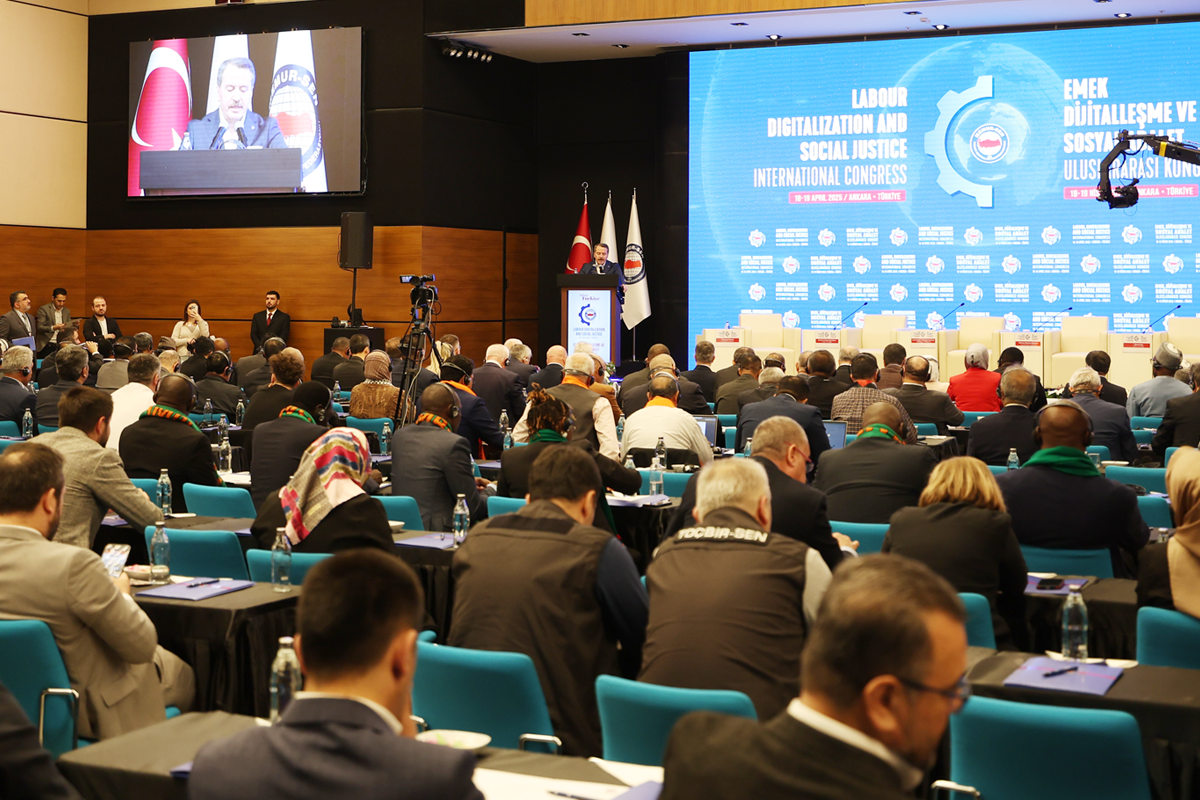Members’ News
SARBUMUSI Leads Nationwide Call for Justice in Logistics Sector
Demanding the Presence of the State
Protecting the Welfare of Logistics Drivers
Jakarta, July 2, 2025 – The dynamics surrounding Over Dimension Over Loading (ODOL) trucks have continued to unfold over the past few weeks, coinciding with widespread demonstrations by truck drivers in a number of regions. The “Zero ODOL” policy, scheduled to be fully implemented by 2026, highlights ODOL trucks as the cause of annual state losses amounting to Rp 41-43.45 trillion for road repairs, contributing to 10.5% of traffic accidents, and violations that may be subject to criminal penalties under Law No. 22 of 2009 on Road Traffic and Transportation (LLAJ Law).
However, this framing actually corners truck drivers as the main party responsible, even though they are in the weakest position in the logistics chain, victims of criminalization and exploitation due to policies that target them without addressing the structural roots that have persisted all this time.
The disappointment and demonstrations carried out by truck drivers were not caused by drivers rejecting the Zero ODOL policy, but rather by the government's response, which blamed drivers as the sole perpetrators of ODOL violations, without addressing the structural problems in the national logistics system.
This long-standing ODOL problem stems from the lack of comprehensive protection for truck drivers. One example of this is Article 184 of the LLAJ Law, which leaves the determination of freight rates to “agreement,” placing drivers in a very weak bargaining position.
This situation has triggered an unhealthy “price war,” in which business owners offer the lowest possible prices to secure cargo, often disregarding safety standards and vehicle capacity. As a result, drivers are forced to engage in overloading in order to earn enough income to survive.
In addition to the weak position of truck drivers in such conditions, truck drivers also suffer from a lack of social security protection and adequate legal protection. The prevalence of illegal levies faced by drivers on the road also adds to their financial burden and encourages them to accept excessive loads to cover their losses.
Thus, the issues of unfair tariffs and illegal fees are not separate issues, but are interrelated
interconnected and form a vicious cycle that pushes drivers into ODOL practices and makes them vulnerable to exploitation. Concerns over legal protection, fare regulation, and the eradication of illegal levies are a rational response to this systemic vulnerability, aiming to break the cycle of economic pressure and exploitation.
In this regard, the ODOL issue should be seen as a call to reform the national logistics system—not merely as an opportunity to enforce traffic regulations. ODOL is not a matter of the willingness of logistics drivers, but rather the inability of the state to improve the management of its logistics sector.
Based on the above records, we, the SARBUMUSI CONFEDERATION, Rumah Berdaya Pengemudi Indonesia (RBPI), Aliansi Perjuangan Pengemudi Nusantara (APPN), Konfederasi Sopir Logistik Indonesia (KSLI), Asosiasi Sopir Logistik Indonesia (ASLI), and Aliansi Pengemudi Angkutan Barang Indonesia (APABI) are conducting a National Peaceful Protest demanding the following:
1. Urge the Government and the House of Representatives to conduct an in-depth and inclusive study for all parties by applying the principle of meaningful participation in the formulation of the Zero ODOL policy.
2. Urge the Government and the House of Representatives to formulate a Draft Law on the Protection and Welfare of Logistics Transportation Workers. The formulation of the RUU must not disregard the principle of meaningful participation.
3. Urging the Government and the House of Representatives to provide social protection guarantees for drivers, given the high risk of workplace accidents;
4. Urging the State to provide incentives for SME-level transportation businesses to ensure the sustainability of their operations as part of inclusive economic development;
5. Urging the State to always consider the industrial ecosystem, business sustainability, and worker welfare when formulating regulations for the transportation sector, including ODOL, Ojol, freight transportation, as well as maritime and air transportation.
6. Urging the State to immediately eradicate corrupt practices such as extortion and provide protection for drivers/operators from threats of gangsterism.
7. Urging the formation of a Transportation Safety and Productivity Committee comprising government officials, business owners, drivers, and as a tripartite sectoral transportation institution;

K-SARBUMUSI President Attends BRICS People’s Summit 2025
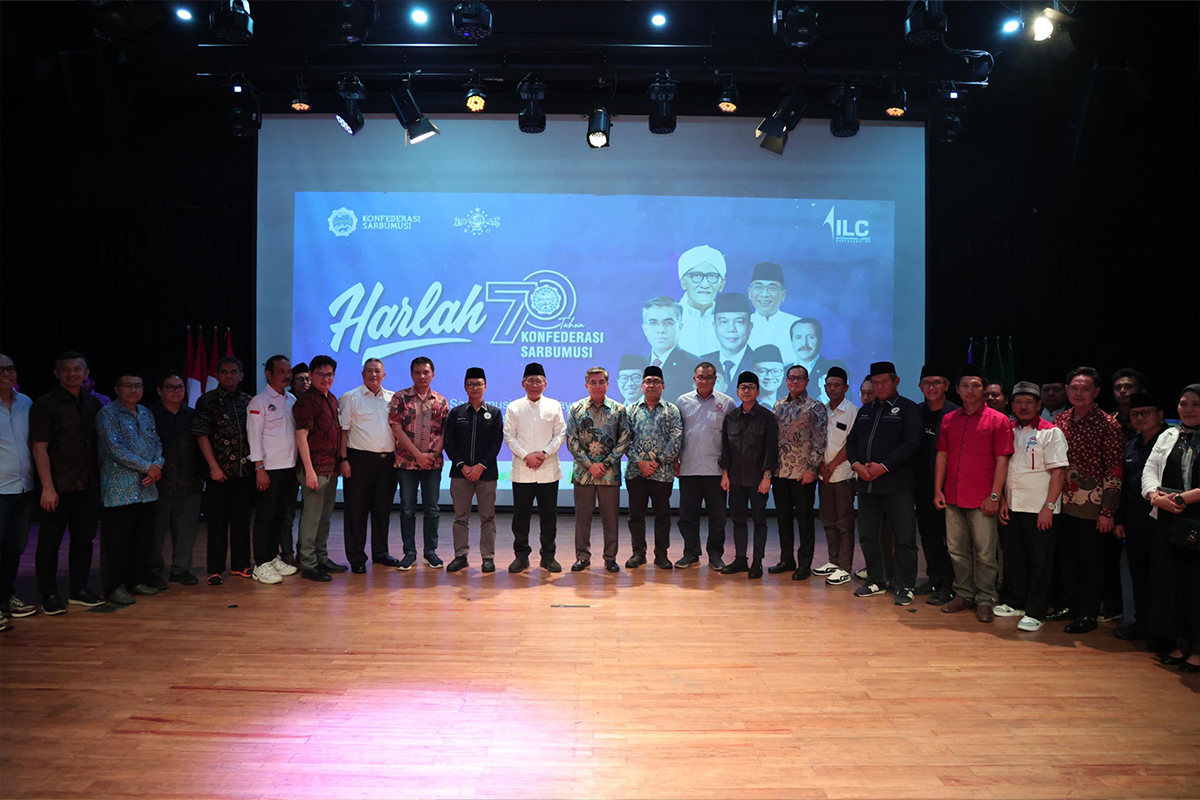
K-SARBUMUSI Celebrates 70 Years: From Historic Struggles to Global Solidarity

ILC Board of Directors’ Member Soeharjono Kadeni Kartodinomo Participated in the KBMI Regional Meeting in West Java
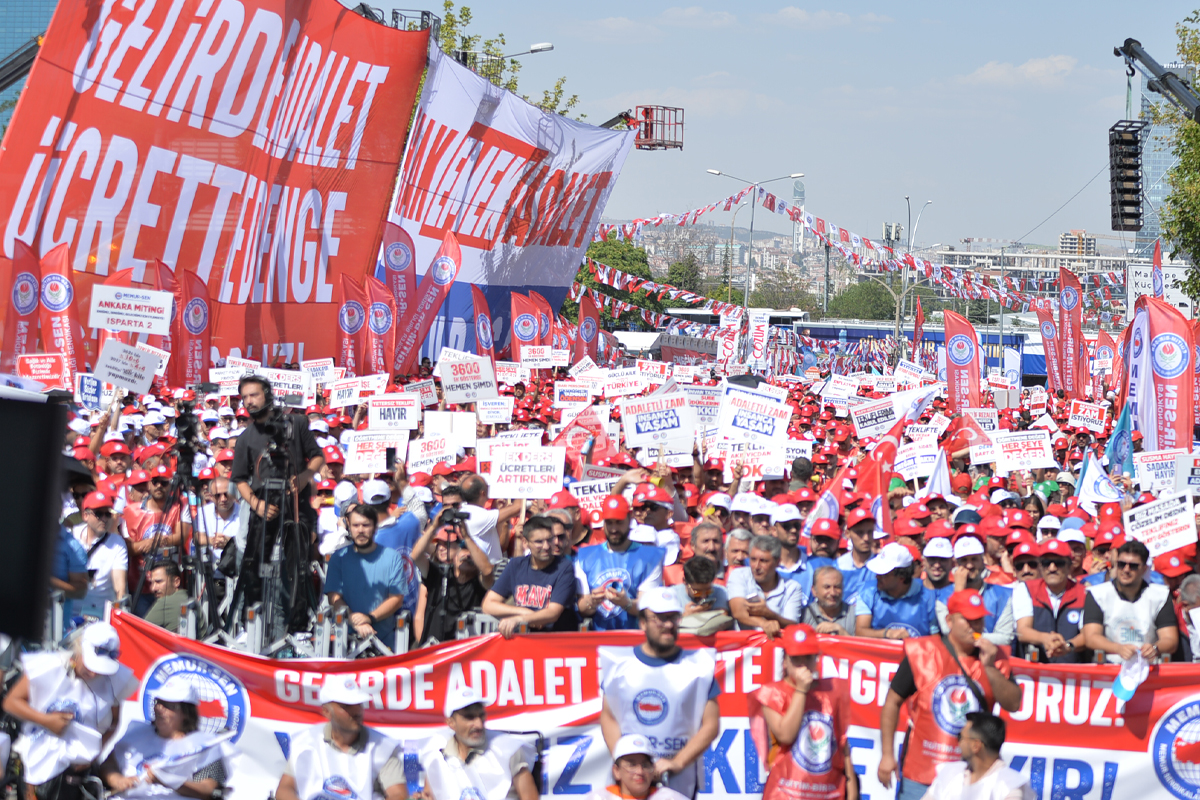
Memur-Sen Held Historic Rally in Ankara
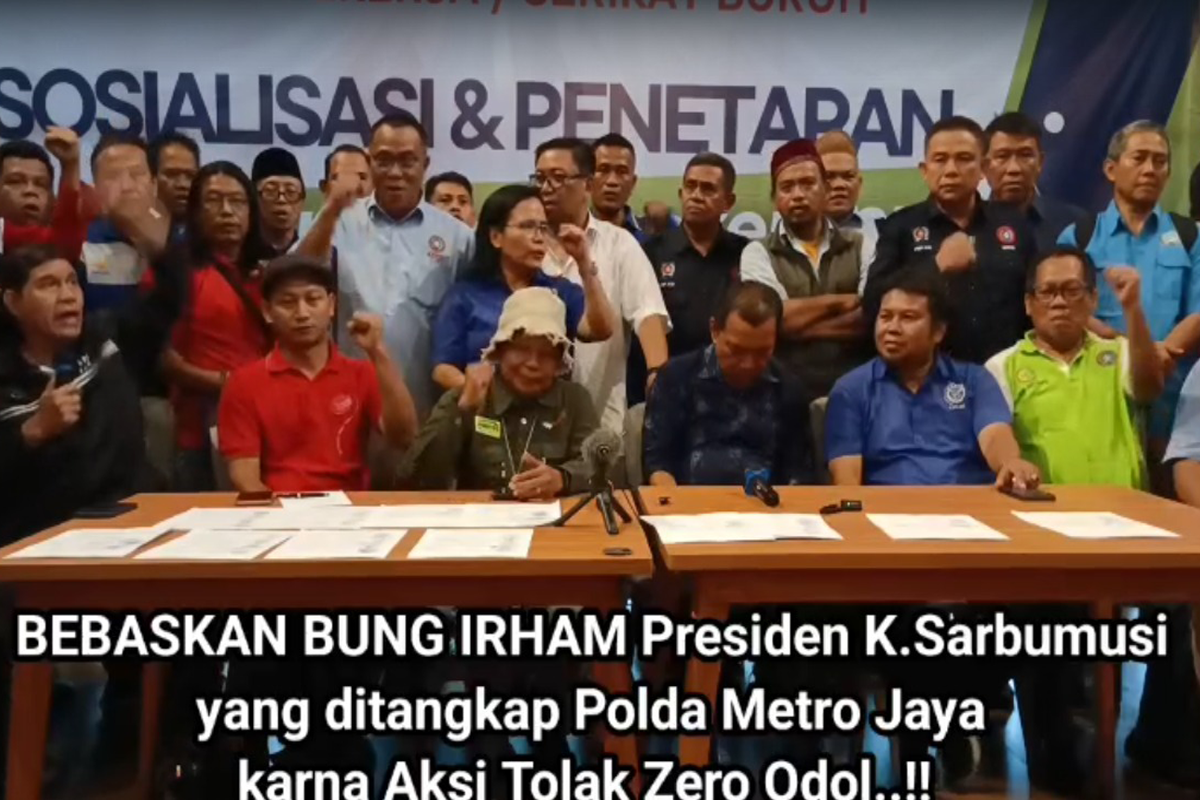
SARBUMUSI Leads Nationwide Call for Justice in Logistics Sector
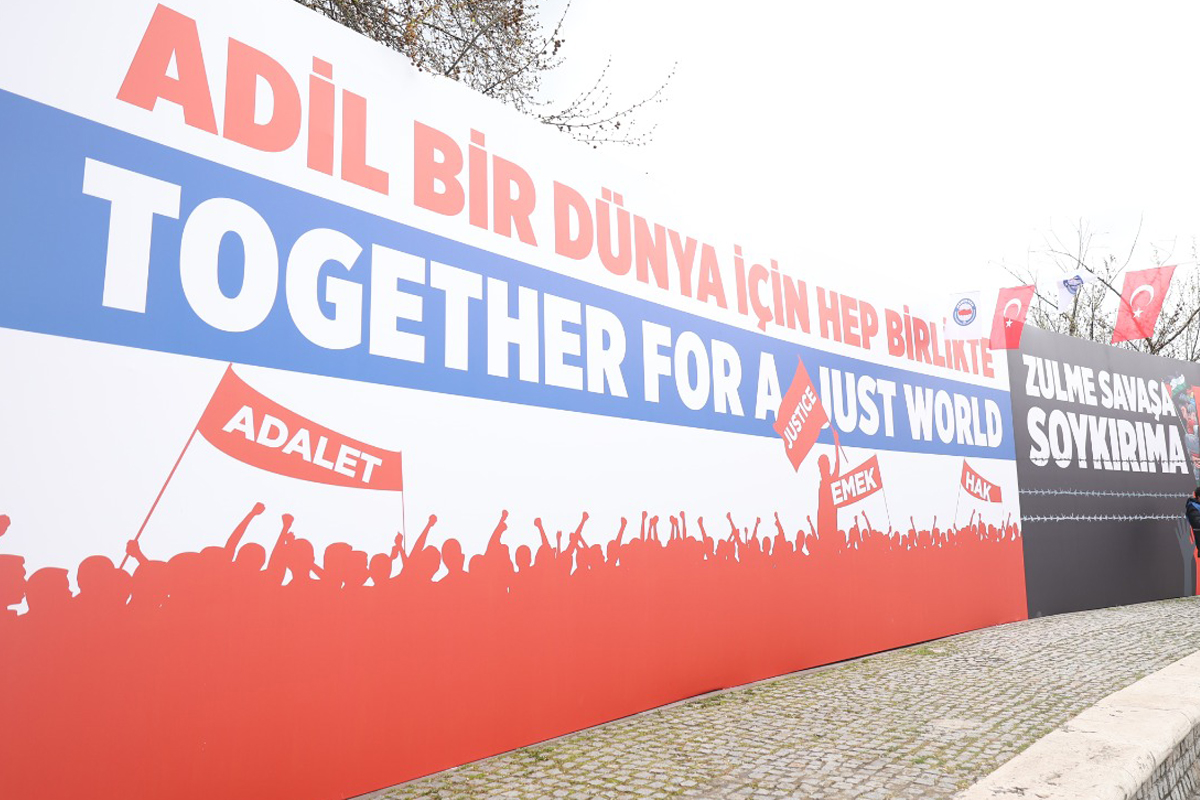
Memur-Sen Gathers in Ankara for May Day: A United Call for Justice, Labour, and Solidarity
